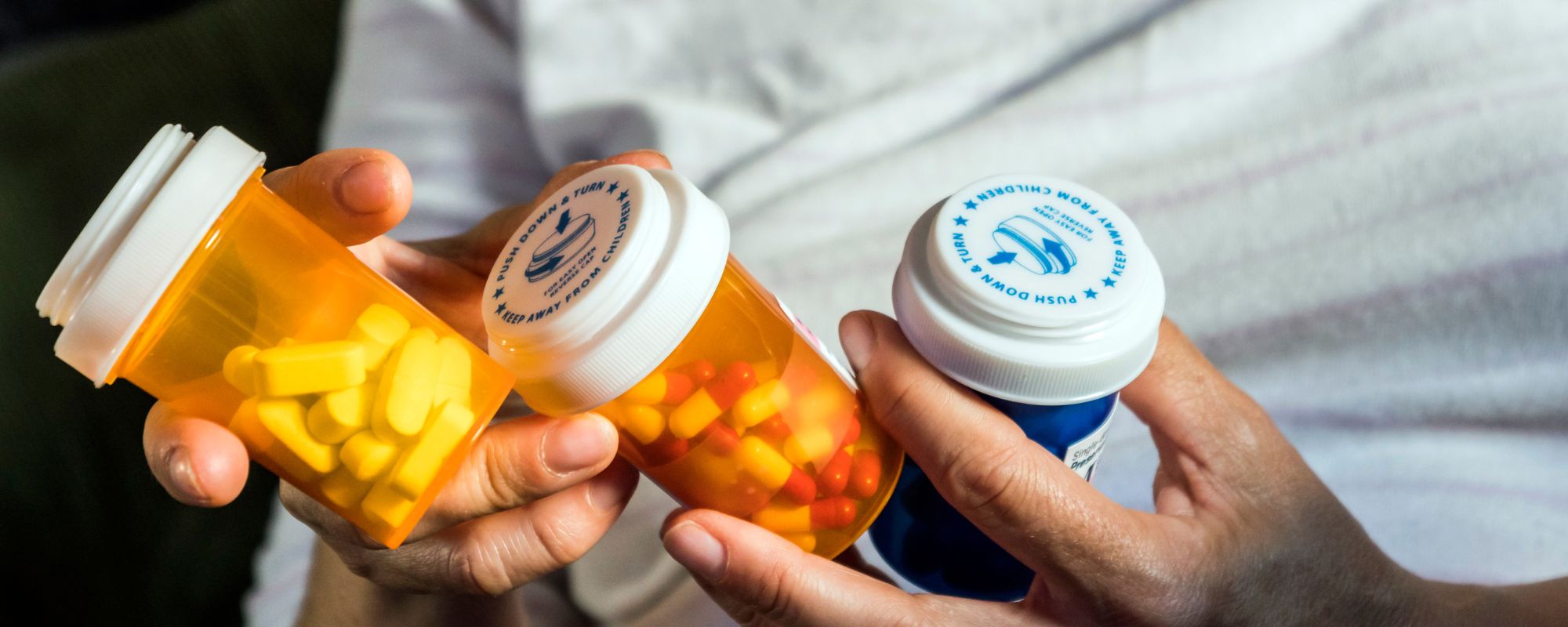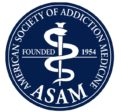So, you went to detox and successfully completed treatment. You’ve probably got a few months of sobriety under your belt, and you should have a solid foundation of recovery at this point. Much of your decision-making process during treatment was left up to someone else to decide. Someone was always holding you accountable for your actions and guiding you to do the next right thing. Now it’s time to start living on your own or in a sober living environment. This also means now you’re responsible for making sure you make it to work on time, stay sober, and, of course, get to meetings.
Ah, yes, meetings. The cornerstone of any twelve-step fellowship. You most likely either heard of or attended these meetings during treatment. If you’ve made it to a meeting before, you may have heard some of the endearing slogans such as, “Meeting makers make it,” “Don’t drink and go to meetings,” “If you think you need a meeting, you need a meeting. If you don’t think you need a meeting, you definitely need one.” So, are meetings really as important as they’re made out to be? Let’s dive in a bit further.
How Did 12-Step Recovery Groups Start?
Alcoholics Anonymous (AA) was founded in 1935 by Bill Wilson and Dr. Bob Smith in Akron, Ohio, as a way to help individuals struggling with alcoholism achieve and maintain sobriety. Wilson, a stockbroker, and Smith, a physician, both found that sharing their experiences and supporting each other was crucial in their recovery. They developed a program based on spiritual principles, personal accountability, and mutual aid, which later became the 12 Steps of AA. In 1939, the publication of Alcoholics Anonymous: The Story of How More Than One Hundred Men Have Recovered from Alcoholism—commonly known as the Big Book—helped spread the movement across the United States and beyond. AA’s success led to the creation of numerous other 12-step programs for various addictions and compulsive behaviors, making it one of the most influential self-help organizations in the world. Today, AA continues to provide free, anonymous support to millions of people worldwide through meetings and sponsorship.
List of 12-Step Recovery Group Options
Here’s a list of the most popular 12-step recovery groups based on the original Alcoholics Anonymous (AA) model:
Alcoholics Anonymous (AA) – The first and most well-known twelve-step program for those struggling with alcohol addiction.
Narcotics Anonymous (NA) – A group for individuals recovering from drug addiction, covering all substances.
Cocaine Anonymous (CA) – A fellowship specifically for people recovering from cocaine and stimulant addiction.
Heroin Anonymous (HA) – A group focused on recovery from heroin addiction.
Marijuana Anonymous (MA) – A 12-step group for those seeking recovery from marijuana dependency.
Crystal Meth Anonymous (CMA) – A support group for people overcoming crystal meth addiction.
Pills Anonymous (PA) – A fellowship for those recovering from prescription pill addiction.
Gamblers Anonymous (GA) – A 12-step program for individuals struggling with problem gambling.
Overeaters Anonymous (OA) – A group for individuals dealing with compulsive overeating and food addiction.
Sex and Love Addicts Anonymous (SLAA) – A support group for those struggling with unhealthy sexual and relationship behaviors.
Sex Addicts Anonymous (SAA) – A 12-step program focused on sex addiction and compulsive sexual behaviors.
Al-Anon/Alateen – A 12-step support group for family members and loved ones of alcoholics and addicts.
Meetings for Newcomers
For someone in early sobriety, meetings really are THAT important. There’s usually such a drastic change in one’s thinking and lifestyle that comes along with getting sober. Even after months of treatment, meetings are a must. Trying to navigate the wave of emotions, feelings, and changes in day-to-day life would be difficult for anyone. Fortunately, for addicts and alcoholics, there is a place to go that is filled with people who are going through or have gone through these changes as well. Being able to share what’s going on with the group can help tremendously, especially early on. Friendships are also usually formed in meetings, providing another shoulder to lean on, as well as a healthy, sober relationship.
It’s suggested that a newcomer goes to 90 meetings in 90 days, but after that, then what? Well, this is another one of those “different for everyone” topics. Some will go to one a day for the first year. Some will go to one a day for the rest of their life. Some will go to a few a week. Some will go to none at all. There is also every combination in between. The point is that you need to find out what works for you. Maybe not going to enough meetings is making you irritable, or maybe you’re going to so many that your social life is suffering. The most important thing to remember from all of this is never to pick up a drink or a drug. As long as you don’t use it, you always have a chance to tweak your meeting attendance.
The Value of Recovery Support Groups
Twelve-step recovery groups play a crucial role in addiction recovery, providing individuals with substance use disorders a structured and supportive environment to maintain sobriety. Through 12-step facilitation, participants learn to navigate life after rehab by engaging in self-help group involvement and applying the active ingredients of programs like Alcoholics Anonymous and Narcotics Anonymous. Research has shown that participation in 12-step groups significantly improves long-term outcomes, serving as an essential component of relapse prevention and behavioral health support.
Many treatment programs, including inpatient rehab, integrate step-facilitative approaches alongside therapy CBT and mental health treatment, particularly for individuals with dual diagnoses or mental health disorders such as personality disorders. Programs like Project MATCH have demonstrated the effectiveness of 12-step self-help as part of comprehensive substance abuse treatment, often recommended in addiction assessments and covered by insurance providers. Additionally, community care models recognize involvement in 12-step as beneficial for cocaine addicts, those recovering from drugs and alcohol, and even adult children of alcoholics. Many recovery programs incorporate admission processesthat encourage individuals struggling with addiction to attend and engage in 12-step meetings. By emphasizing peer support and personal responsibility, step programs complement alcohol detox, drug rehab, and alcoholism treatments, making them a center of excellence in the field of addiction treatment. Furthermore, the benefits of 12-step facilitationextend beyond the individual, providing healing for friends and families affected by addiction.
Reach Out
If you or someone you know needs help to beat their addiction, call Royal Life Centers. Our guest-centric program offers a complete suite of services, including detox, inpatient treatment, partial hospitalization, intensive outpatient, and sober living. Call us right away and get the help that you need. We are here to answer your call 24/7 at (888) 557-7990 or (877)-RECOVERY.












